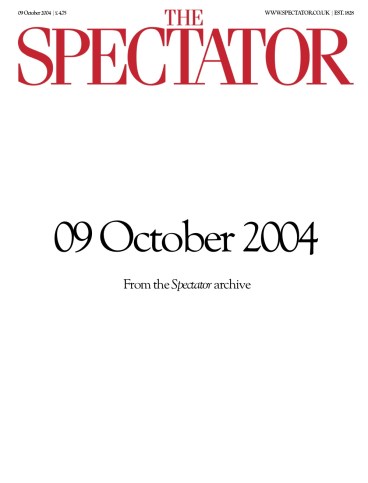The hero with a hundred faults
The Duke of Wellington once bumped into Nelson in a minister’s anteroom. Nelson had no idea who Wellington was (it was before he was famous), and at first Nelson talked entirely about himself, and in a style so vain and silly that Wellington was disgusted. Then Nelson briefly left the room, checked out Wellington’s identity,

